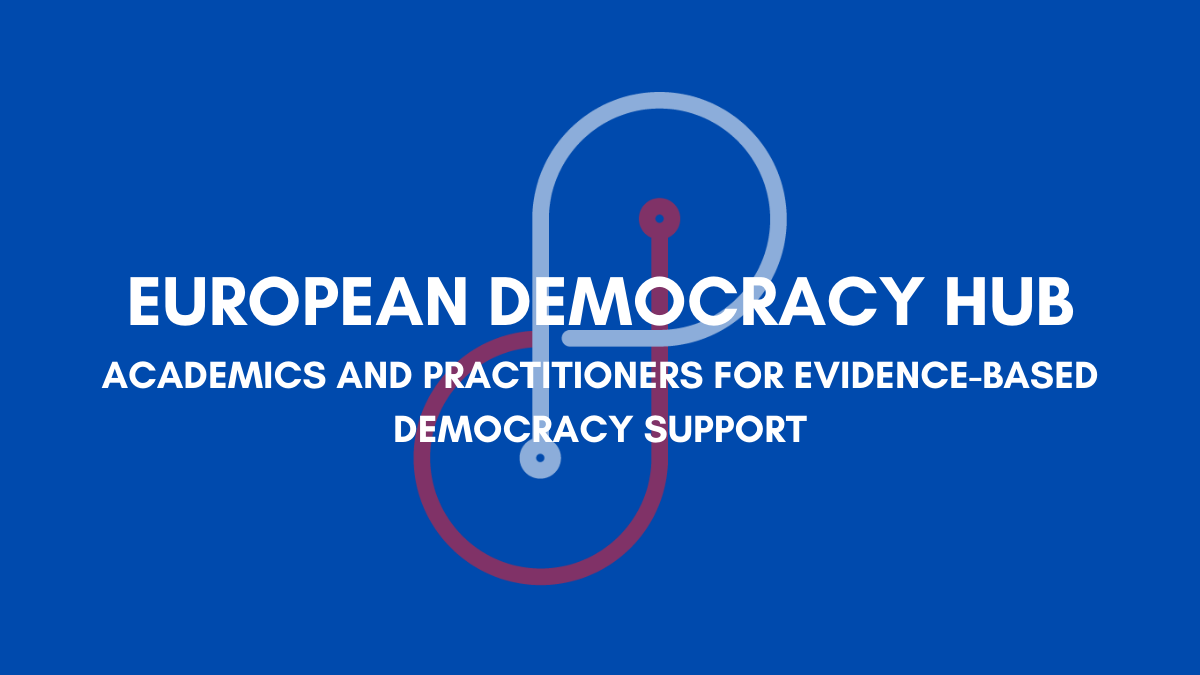Making the EU’s New Development Aid Work for Democracy


Sergio Rodríguez Prieto, considers the opportunities presented by the new cycle of EU aid programmes, as part of the European Democracy Hub initiative run by Carnegie Europe and the European Partnership for Democracy. The new funding instrument, Global Europe, also known as the Neighbourhood, Development, and International Cooperation Instrument, harmonises a broad collection of tools and creates more flexibility in the use of their associated funds. For these opportunities to be harnessed, it is crucial that the EU places democracy at the centre of its development policy, by more effectively linking it to the Union's other external priorities, and devising more open policy processes. There is no time to waste in implementing these changes.
EU policy dialogues need to be made more inclusive and participatory, which should feature genuine and broadened inclusion of diverse civil society, rather than an over-representation of executive voices and downplaying of dissenting voices. Broader inclusion will also support budget oversight and accountability: the inclusion of democratic checks and balances, and specific mechanisms to promote transparency, accountability and public participation will be crucial in this process.
Also crucial will be policy coherence between the EU and developing areas, most notably in terms of digitisation, the environment and gender. With digitisation, issues such as privacy, keeping tech giants accountable, and automated decision making must be included in the discussion from the outset to ensure that countries do not become locked-into processes detrimental to democratic values. Funding should be focussed towards broadening internet access for all and guaranteeing freedom of information.
Regarding the environment, inclusive, open and transparent decision making can ensure input, understanding and buy-in from different segments of society to ensure that biased, shortsighted and unfair solutions are not implemented, which can result in heightened societal tensions. Gender issues must be a cross-cutting issue across all actions, in particular women's political participation. Channelling development aid to education can support these efforts, and also aid in youth participation.
Read the full piece here in Carnegie Europe.

